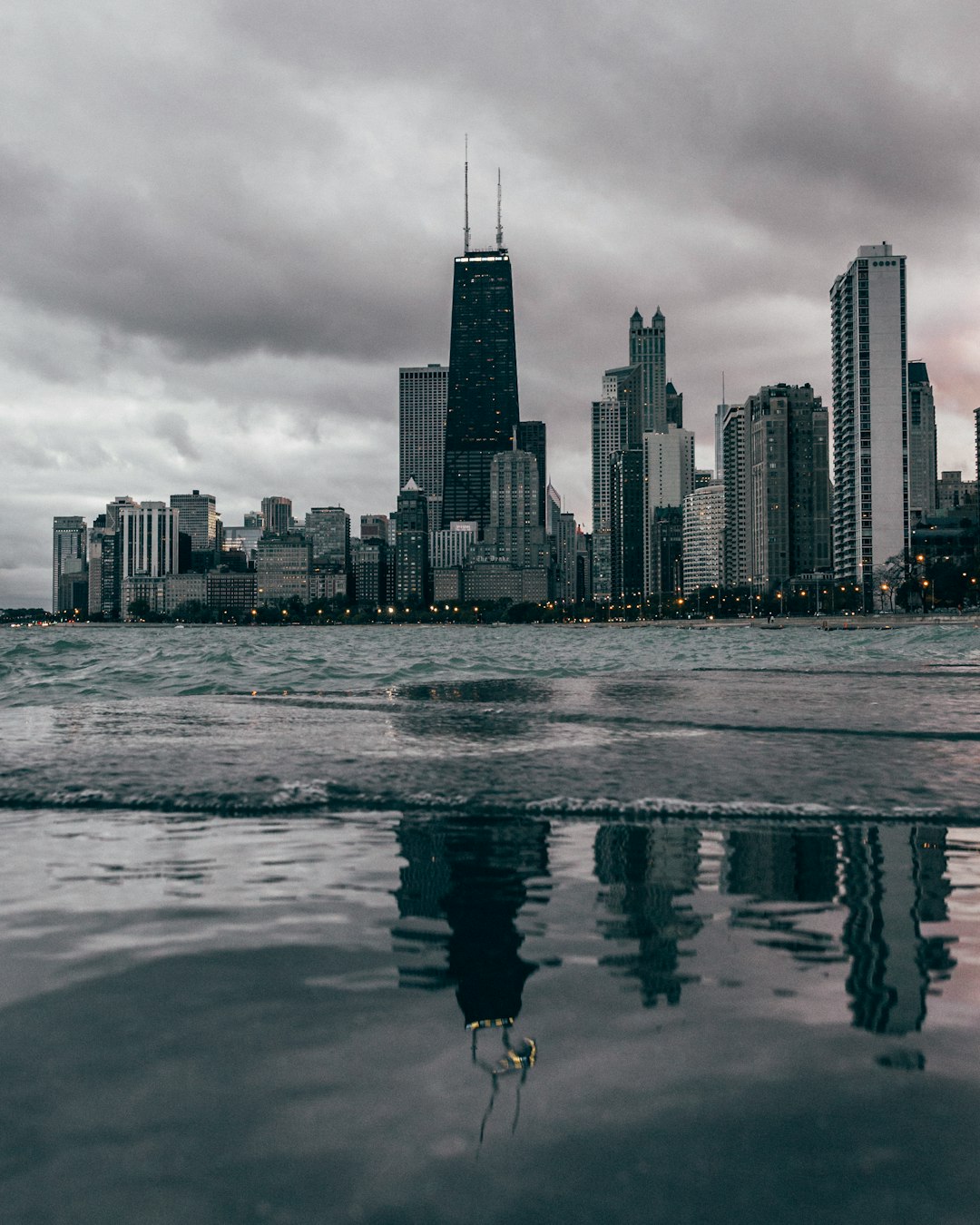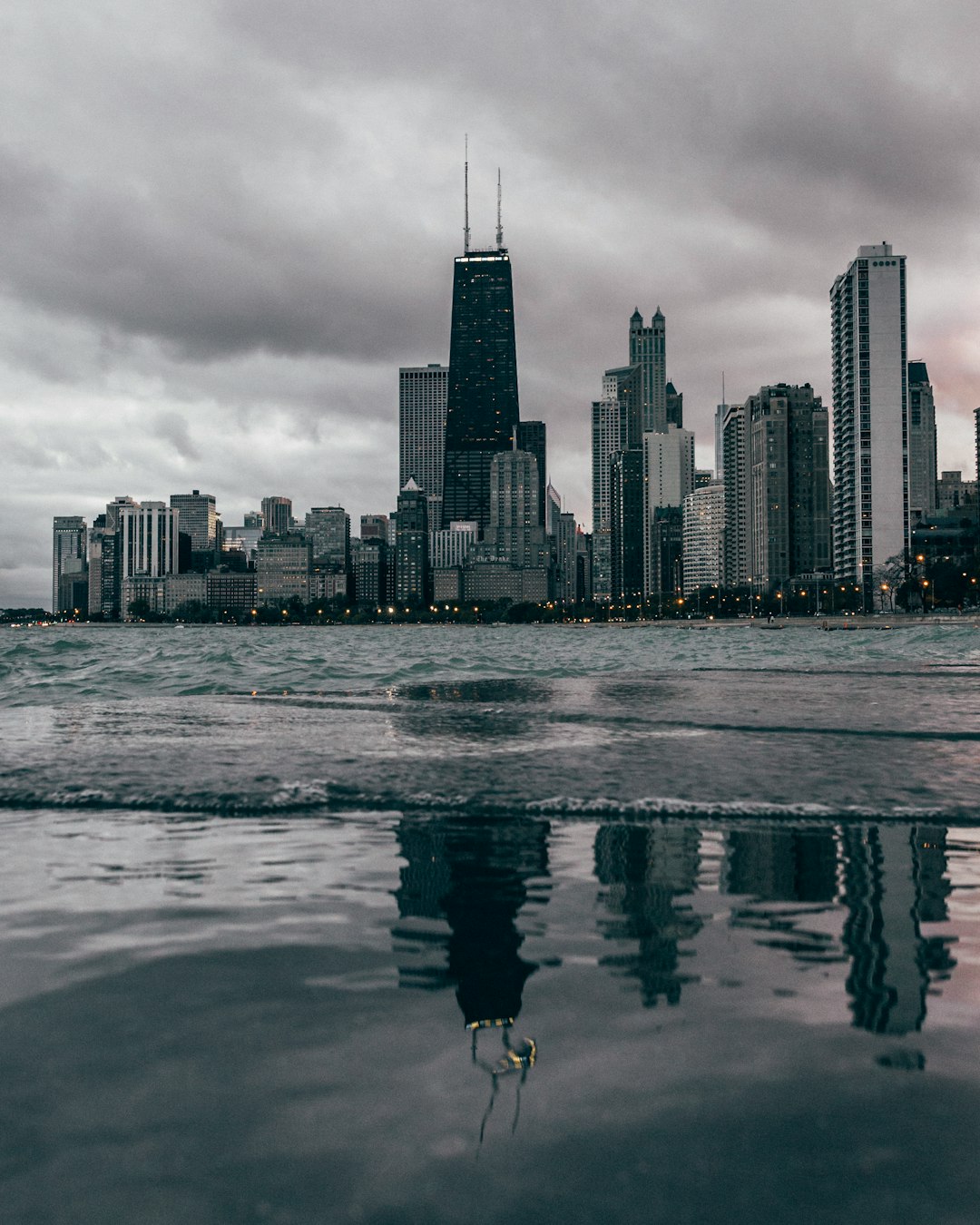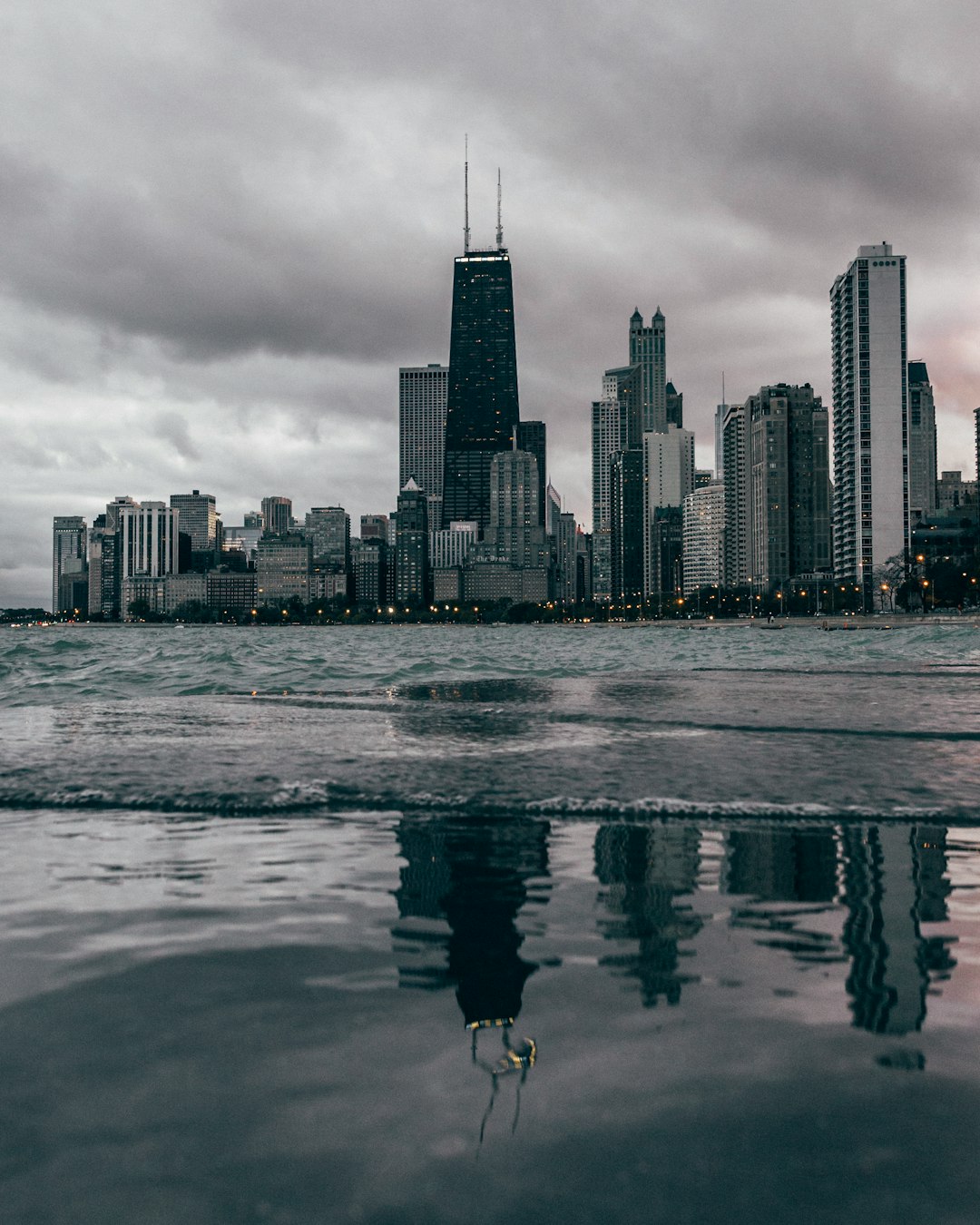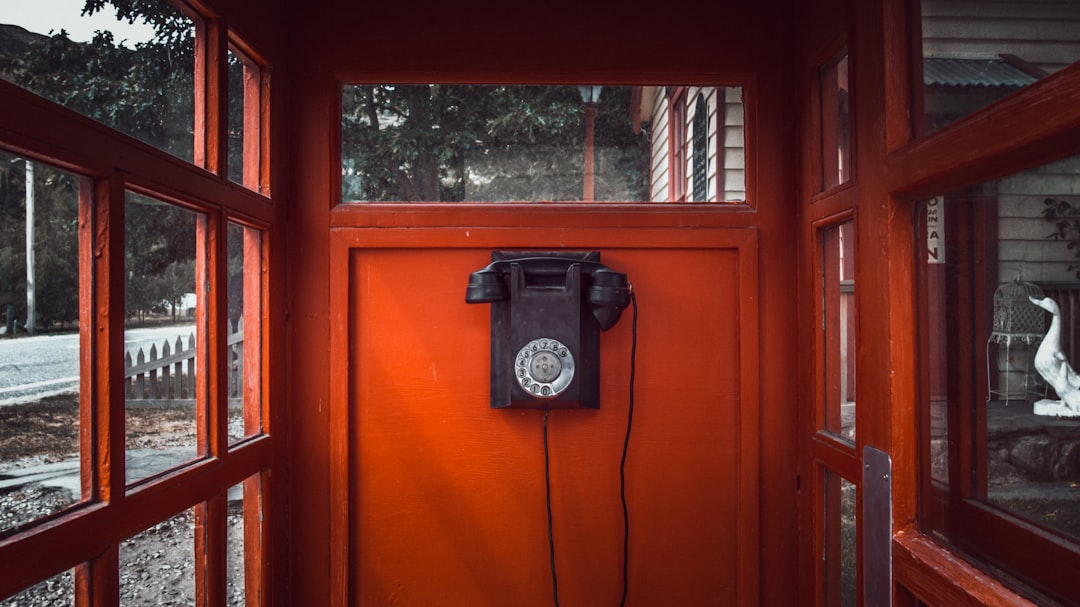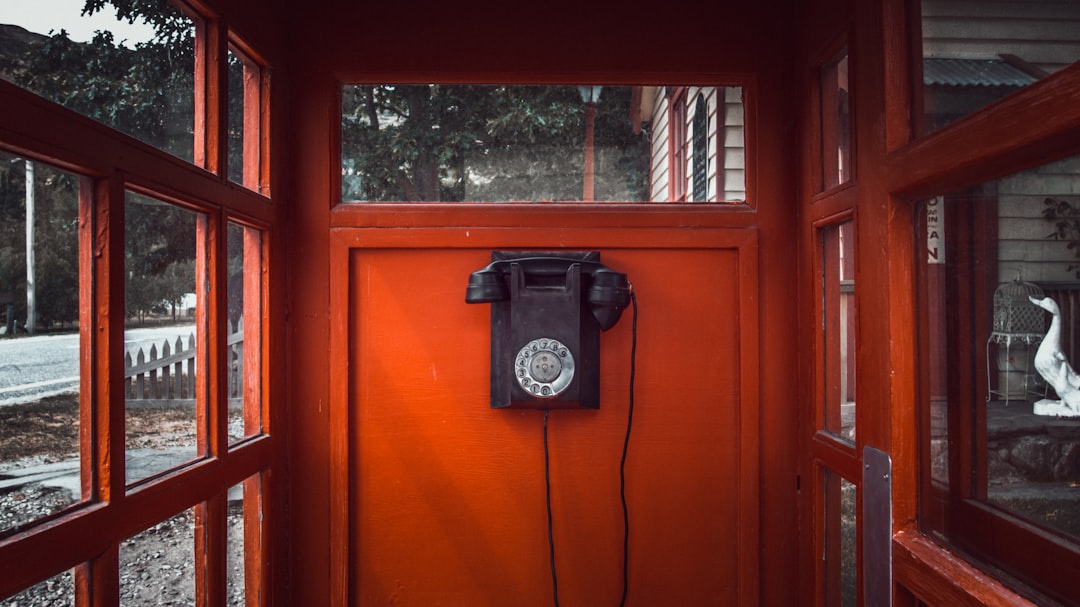Joliet's history with telemarketing nuisance calls led to the implementation of "No Call Laws," empowering residents to opt-out and protect their privacy. Lawyers specializing in lawyer for No Call Laws Chicago played a vital role in upholding these regulations, curtailing excessive marketing practices. The city's regulatory framework, shaped by legal battles and court decisions, balances business needs with consumer protection, adapting to technological advancements and maintaining a fair telemarketing environment.
“Joliet’s telemarketing landscape has evolved significantly over time, driven by a complex interplay of consumer needs, technological advancements, and legal interventions. From the early days of direct sales calls to the implementation of stringent No Call Laws, this city’s regulatory journey reflects broader trends in consumer protection. This article explores the historical development of telemarketing regulations in Joliet, highlighting key milestones from the rise of ‘no call’ initiatives to modern adaptations, while also considering the role of legal battles and jurisdiction disputes.”
Early Telemarketing Practices in Joliet
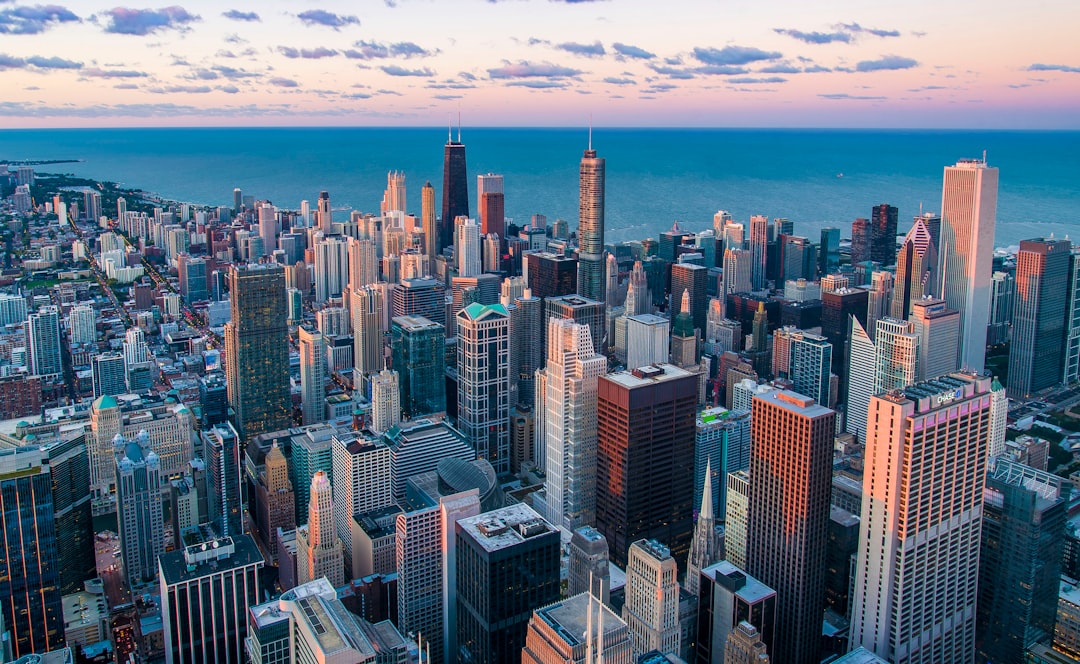
In the early days of telemarketing, Joliet, much like the rest of the country, experienced a rapid rise in cold calling and sales pitches delivered over the telephone. Before regulations were put in place, businesses employed aggressive tactics to promote their products and services, often leading to consumer complaints about nuisance calls. This period saw a lack of oversight, leaving residents vulnerable to persistent sales calls and limited recourse against abusive practices. As the industry grew, so did the need for protection, prompting discussions around implementing No Call Laws in Chicago and beyond.
The early telemarketing landscape in Joliet was characterized by minimal regulation, allowing companies to target consumers without restrictions. With the advent of new technologies, making it easier than ever to reach customers at their homes, the city soon realized the need for a lawyer specializing in No Call Laws Chicago to navigate this evolving legal territory and protect residents from unwanted sales calls.
The Rise of No Call Laws: A Consumer Protection Measure
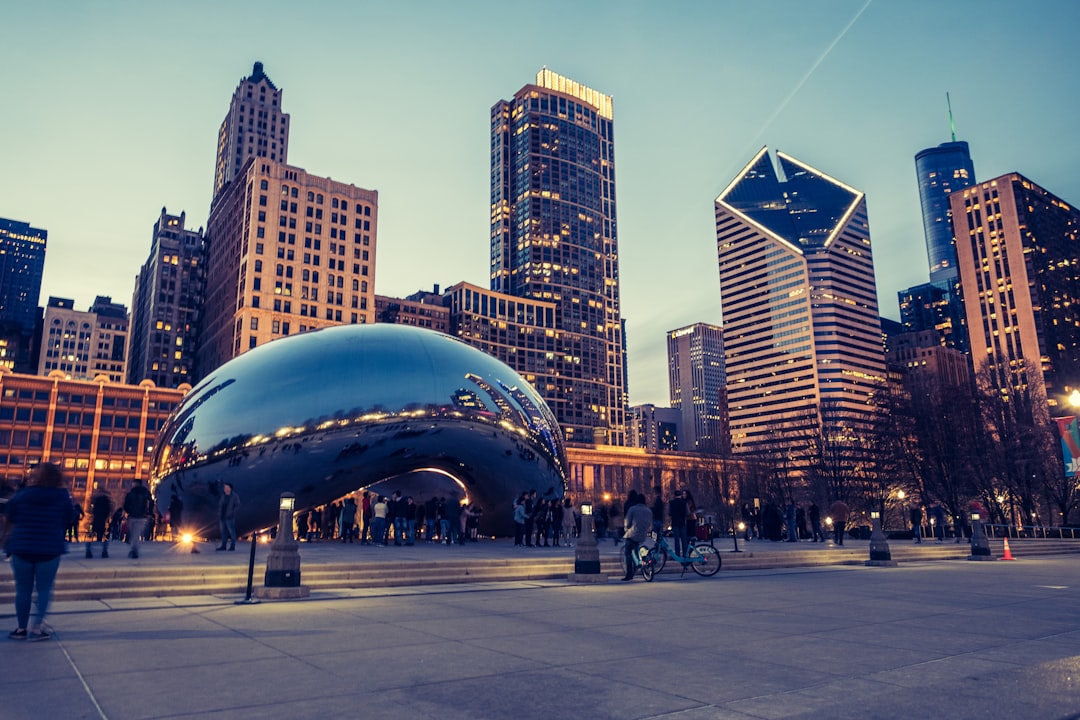
In response to growing consumer complaints about unwanted phone calls, “No Call Laws” emerged as a powerful tool for protecting residents from intrusive telemarketing practices. These laws, which gained traction nationwide, including in Chicago, aimed to curb excessive and nuisance calls by empowering individuals to opt-out of receiving marketing messages. As consumers sought refuge from the deluge of sales pitches, lawyers specializing in No Call Laws in Chicago played a pivotal role in upholding these regulations and ensuring businesses adhered to them.
The rise of No Call Laws reflected a broader societal shift towards prioritizing consumer privacy and rights. By implementing opt-out mechanisms, residents could take control of their time and personal information. This development marked a significant change from the earlier era where telemarketers enjoyed wide-open access to phone lines, often leaving little recourse for exasperated consumers who simply wanted to be left alone.
Legal Battles and Court Decisions Shaping Regulations
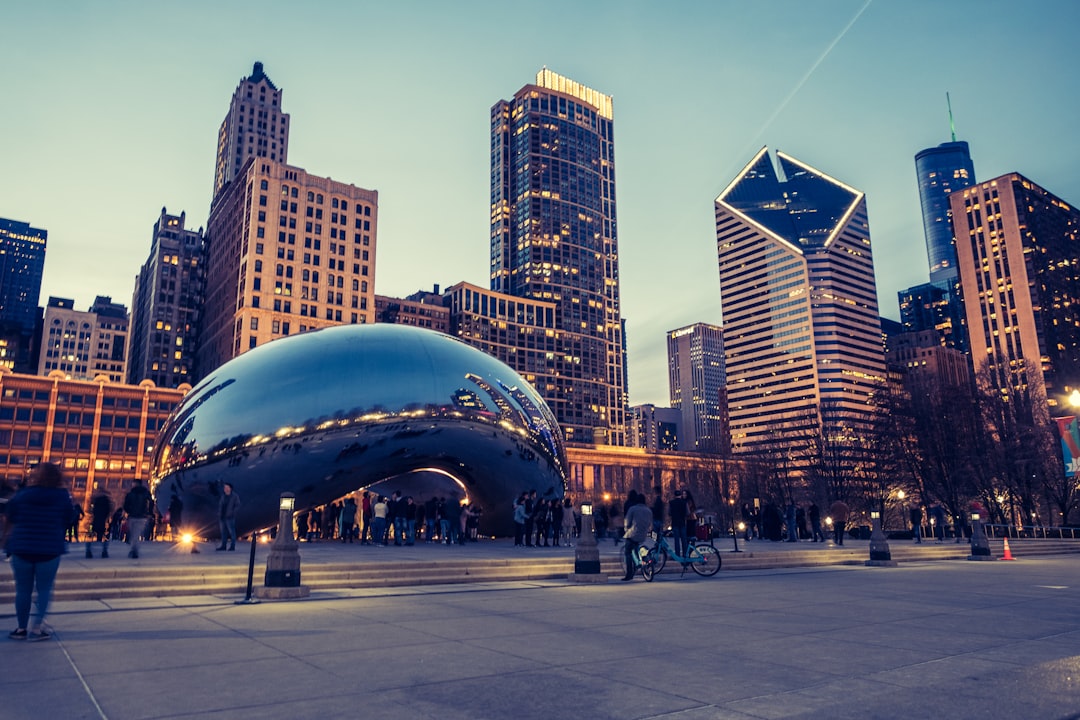
The history of telemarketing regulations in Joliet is intertwined with legal battles and court decisions that have shaped the city’s approach to protecting residents from unwanted calls. Over the years, various lawsuits have played a pivotal role in establishing guidelines for responsible telemarketing practices. One notable example involves lawyers for No Call Laws Chicago, who have been instrumental in advocating for stringent regulations. These legal challenges have led to landmark judgments that restricted intrusive marketing tactics, ensuring consumers’ rights to privacy and peace of mind.
Through these court decisions, Joliet has gradually implemented measures to curb excessive telemarketing calls, resulting in a more balanced approach. The city’s regulatory framework now balances the needs of businesses engaging in legitimate sales with the desire to safeguard residents from aggressive or nuisance calls. This evolution underscores the dynamic nature of consumer protection laws and the continuous effort to adapt to emerging marketing trends.
Federal vs. State Jurisdiction: Who Oversees Telemarketing?

In the realm of telemarketing, jurisdiction plays a crucial role in regulating this evolving landscape. The primary question that arises is whether the federal government or individual states hold the authority to oversee and enforce telemarketing practices. In the United States, both levels of government have taken turns in shaping the industry through various laws and regulations.
The Federal Trade Commission (FTC) has been a prominent player in this domain, particularly in enforcing the Telemarketing Sales Rule (TSR). This rule, established under the Telephone Consumer Protection Act (TCPA), grants consumers the right to opt-out of telemarketing calls and sets guidelines for call timing and content. However, states like Illinois, specifically Chicago, have also enacted their own No Call Laws, providing residents with additional protections. For those seeking legal counsel regarding No Call Law violations in Chicago, consulting a lawyer specializing in these regulations is essential to navigate the complex interplay between federal and state jurisdictions effectively.
Modern Era: Enhancing and Updating Telemarketing Rules
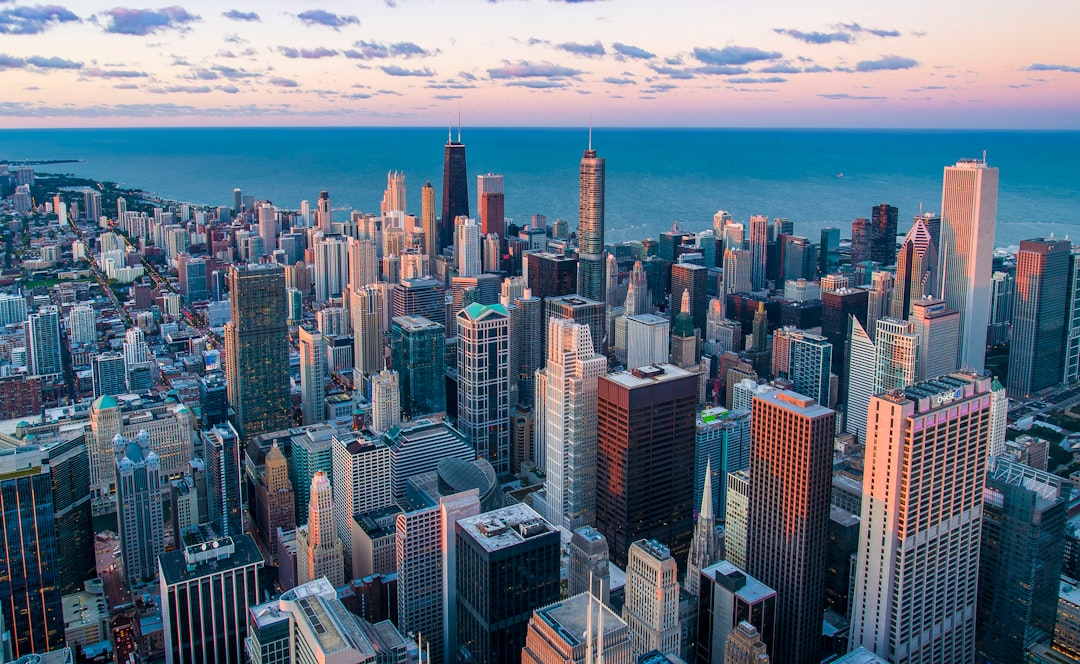
In recent years, the landscape of telemarketing regulations in Joliet, like many other cities, has entered a modern era focused on enhancing consumer protection and privacy. This shift is largely driven by technological advancements that have made it easier for businesses to reach consumers directly in their homes. As such, laws governing No Call Lists and Do Not Disturb preferences have become increasingly stringent. Consumers now have more control over when they are contacted, with strict penalties for companies ignoring these requests.
This evolution has prompted both the local government and legal experts, including those specializing in No Call Laws Chicago, to stay ahead of the curve. They work tirelessly to update laws and ensure businesses comply, thereby fostering a fair and respectful telemarketing environment. These efforts not only protect residents from unwanted calls but also maintain a positive business climate where trust and consumer satisfaction are prioritized.

